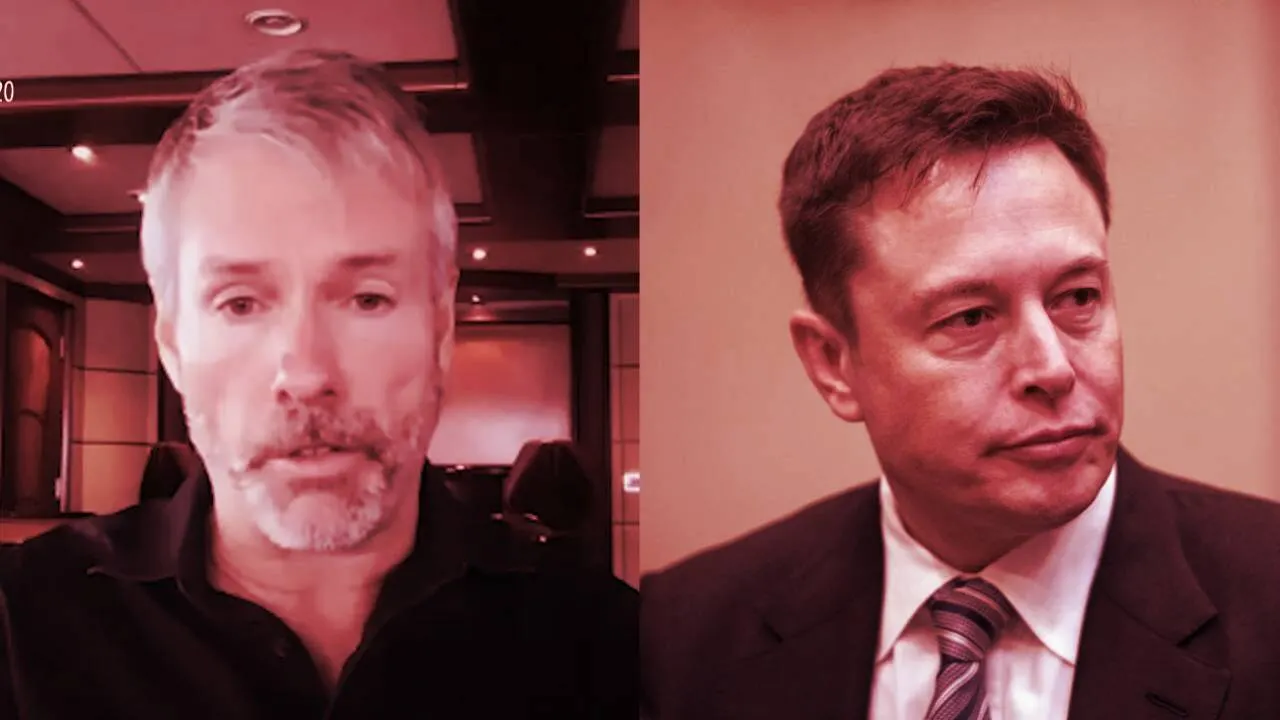In brief
- At a conference today, MicroStrategy CEO Michael Saylor spoke about the newly formed Bitcoin Mining Council.
- He claimed the council, which involves many prominent mining companies, is committed to decentralization—something critics see as a paradox.
At CoinDesk's Consensus conference earlier today, Bitcoin evangelist Michael Saylor defended the newly formed Bitcoin Mining Council against criticisms that it runs counter to the “decentralized” spirit of Bitcoin.
Saylor announced the council yesterday afternoon, after Tesla CEO Elon Musk tweeted about having met with “North American Bitcoin miners” about sustainability; Saylor described it as an “organization to standardize energy reporting, pursue industry ESG goals, & educate+grow the marketplace.”
“ESG” is an investing strategy centered around “environmental, social, and governance” concerns—it’s a shorthand for sustainability in the corporate sphere.
Crypto critics were quick to cry hypocrisy: Saylor and his acolytes like to say that Bitcoin is all about “decentralization”—that is, no central governing body, no oligarchic control over the system. How would consolidating power over the future of the Bitcoin ecosystem square with that mission?
Musk himself has criticized Bitcoin for being too centralized, citing an incident where a single accident in a Chinese coal mine temporarily took out around 30% of the total computing power behind the global Bitcoin network.
Saylor, who has personally invested hundreds millions of dollars in Bitcoin, didn’t really address those concerns beyond saying that “everybody in that meeting, including Elon, are passionate believers in decentralization.”
He added that he hopes to wrest control of the Bitcoin narrative from “uninformed parties" who don't necessarily agree with his opinion on Bitcoin and the environment.
Daily Debrief Newsletter
Start every day with the top news stories right now, plus original features, a podcast, videos and more.

